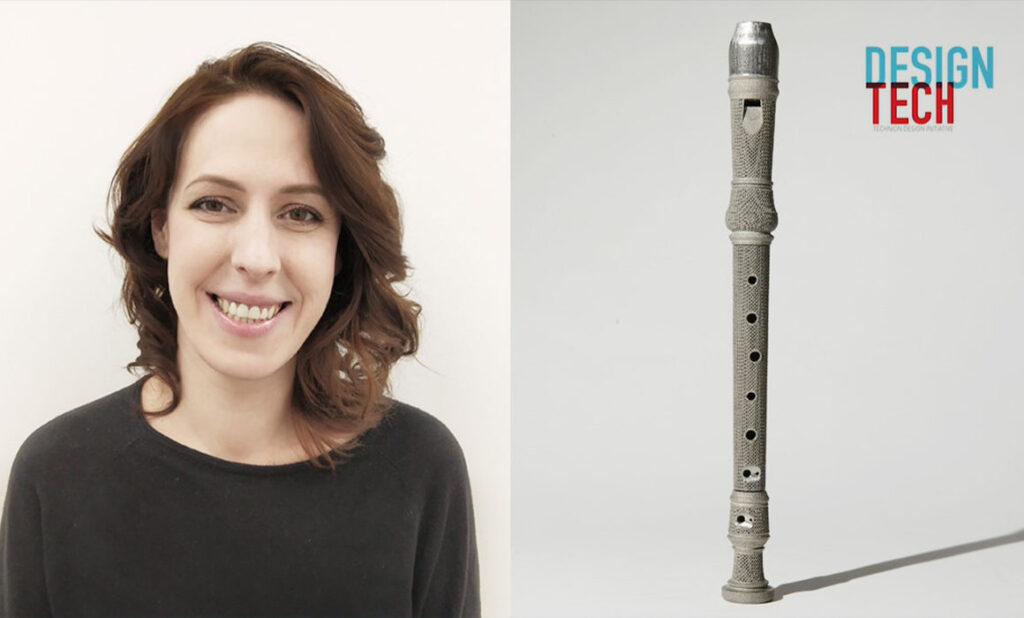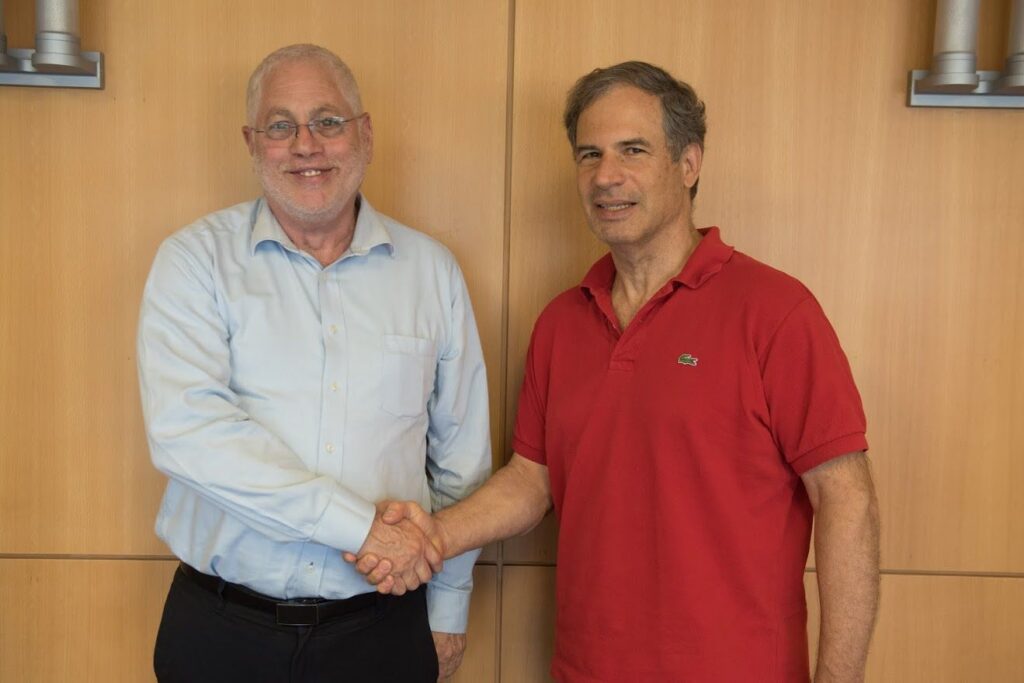Scientists say specific proteins found in lung fluid could theoretically be used to develop new methods for diagnosing and possibly treating cancer
Fluid from the lungs could be used to develop new methods for diagnosing and possibly treating cancer, according to a new Israeli study.
The research found that specific peptides found in fluid from the lungs can “serve as a rich source of biomarkers for tumor diagnosis.”
HLA peptides are proteins involved in the immune response to infections. Scientists from the Technion-Israel Institute of Technology and Sheba Medical Center discovered that they are present in lung fluid, and found a methodology for purifying and analyzing the fluid in order to detect them.
They studied many liters of lung fluid and found that the HLA peptides it contains actually “store” enough information to detect some types of lung cancer. They published their peer-reviewed findings in the Journal for Immunotherapy in Cancer (JITC).
“We can detect the peptides, and theoretically they could be used as a new way to detect cancer, and also to create a cancer-fighting vaccine for specific patients,” Dr. Michael Peled of Sheba Medical Center, one of the researchers, told The Times of Israel.
Sign up for the Tech Israel Dailyand never miss Israel’s top tech stories
Top of Form
Newsletter email addressSUBSCRIBE
Bottom of Form
By signing up, you agree to the terms
“It’s important to emphasize this is still at a research level and there is no clinical trial at the moment.”
The study he conducted with Prof. Arie Admon from the Technion and his PhD student Sofia Khazan-Kost concluded that lung fluid could prove a rich source of antigens for fighting cancer, as well as information for diagnosing.
Illustrative image: a doctor detects lung cancer on a scan. (utah778 via iStock by Getty Images)
The HLA molecules carry many antigens that originate in cancer cells and their environment. They have capability for fighting cancer if they remain in place, but instead are carried away to lung fluid, Peled said.
His team is suggesting retrieving them from the fluid for therapeutic use in the patient they are gathered from.
Admon commented: “These antigens could be used to stimulate the immune system so that it attacks the tumor.” He elaborated that they could form the basis of a “therapeutic vaccine” — meaning a new immunotherapy to slow the impact of cancer.
The researchers hope that drug developers will use his research as the groundwork for such a treatment. Admon said: “This has the potential to activate the body’s own immune system against the tumor.”
Original article can be found here


